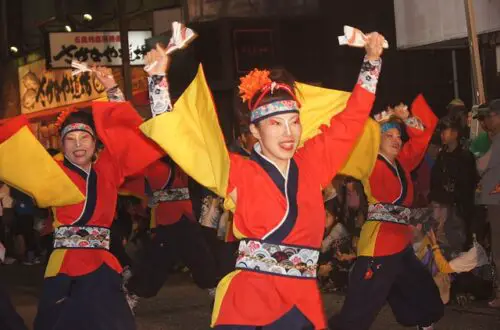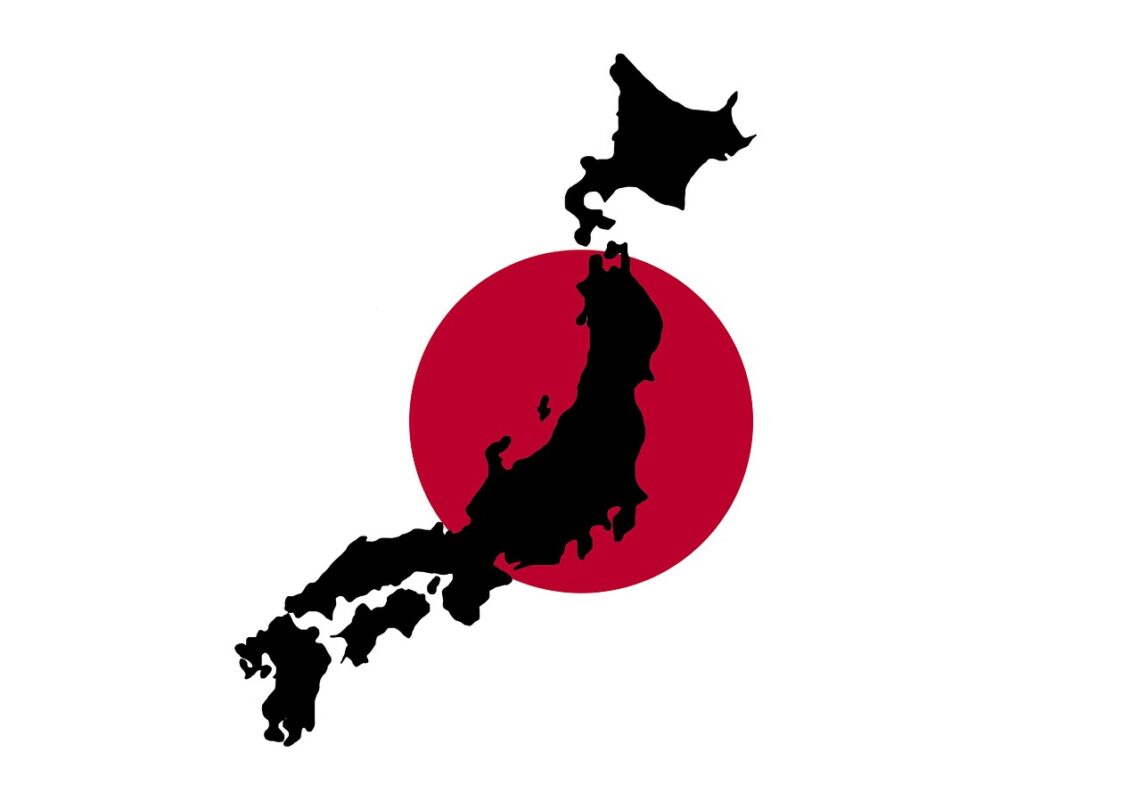
Why Is Japan Called Japan
Japanese use the names “Nihon” or “Nippon” to call their country. The rest of the world knows it as “Japan” or other similar derivatives. How come these two names sound so different?
Japan is called “Japan” because of Marco Polo, the great Venetian explorer from the thirteenth century. He introduced this country to the western world as “Zipangu” or “Cipangu”. Other sources claim it to be a derivation from the Malaysian word “Jih-pun”‘ (origin of the sun) which had its origin in the southern Chinese dialect reading of Nippon.
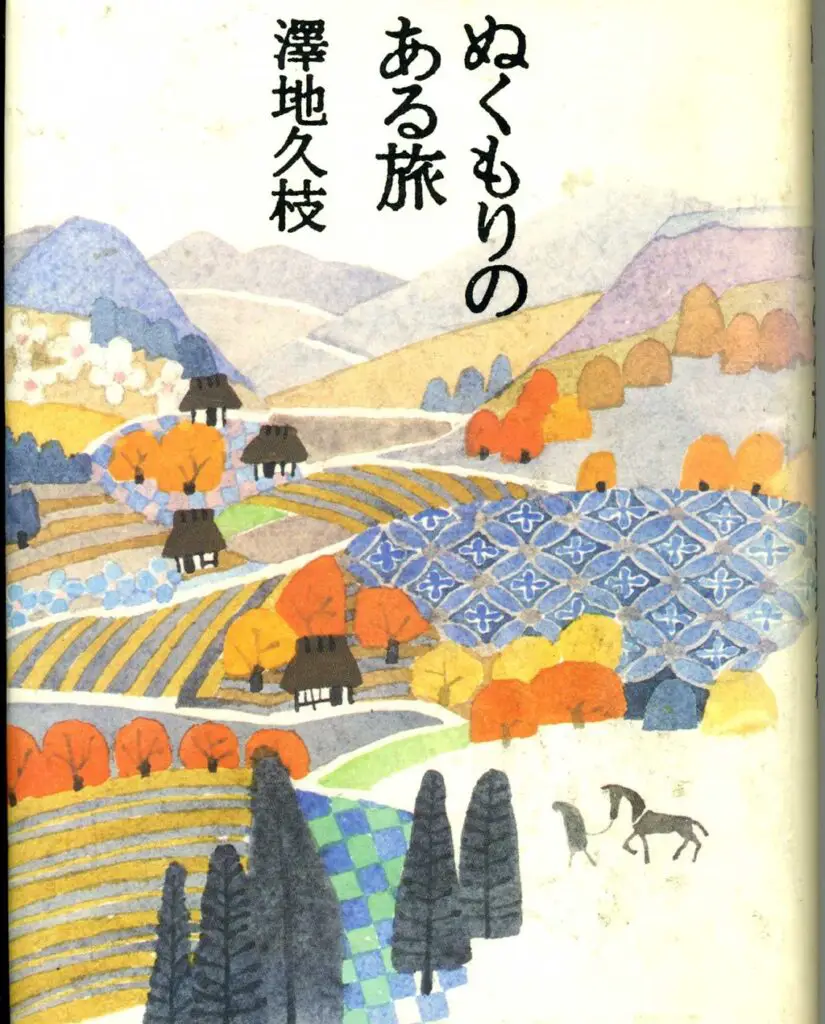
Quick Navigation
The Origins of the Name “Japan”
As Japanese people call their country “Nihon” or “Nippon”, it makes sense for others to follow the suit. Also, these words don’t even remotely sound like “Japan”. So, what’s the story behind the journey from Nihon/Nippon to Japan?
The kanji (Chinese characters for writing Japanese) word for “Japan” is “日本” (the origin of the sun). This name has actually come from the Chinese people since Japan lies towards the east of China, the direction of the rising sun.
In Japanese, the word “日本” is pronounced “Nihon”, or “Nippon” if you need to sound formal or put more emphasis. You can read the letter “日” as “jitsu” or “nichi” (the latter is more preferable in this regard), and “本” as “hon”.
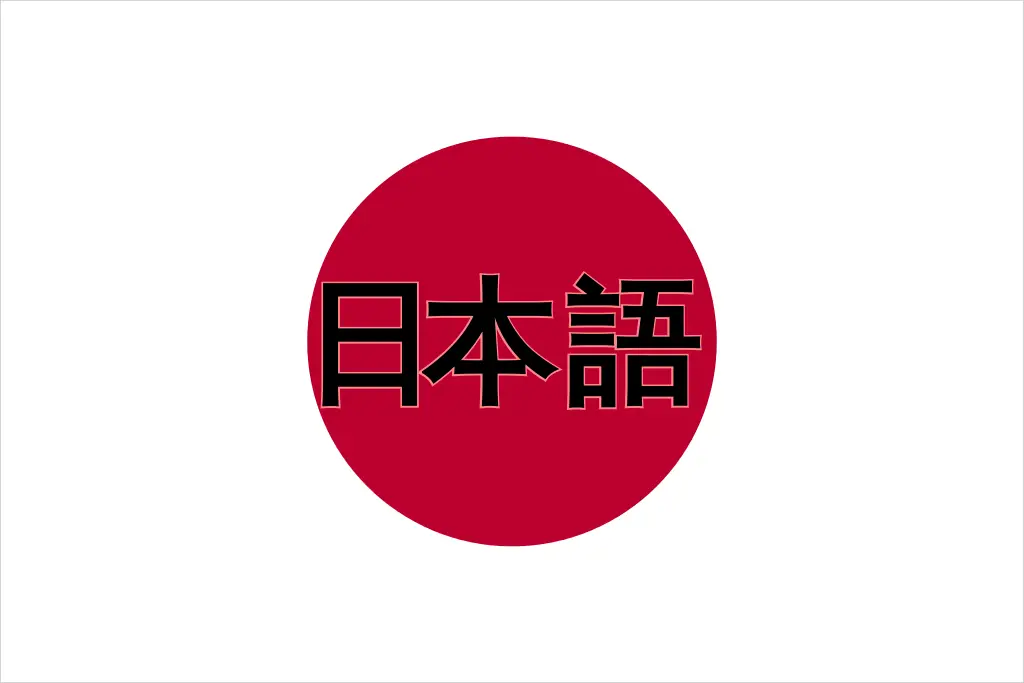
When these two letters make a single word, the “chi” or “tsu” of the first letter gets dropped and the “h-” of the next letter is replaced with a “p-” with a double consonant. Thus you get the word “Nippon”.
It’s argued that people at some point might have read “日” as “jitsu”, pronouncing “日本” as “Jippon”. It makes sense that all it needed was a linguistic jump to come to “Japan” from “Jippon”.
However, the word’s journey to the Western world still needs some explanations.
The Marco Polo Theory
Explorer Marco Polo was the first person to introduce Japan to the Westerners. There are arguments over whether or not he actually visited Japan. However, in his famous diaries, he mentioned the country as “Zipangu”.
Polo traveled to the southern part of China, where the word “日本” was pronounced as “Ji-pang” or “Zu-pang”. He heard from the locals about this country of the rising sun and mentioned it in his diaries. He added the word “-gu” in the end, as guo/guó in Chinese means “country”.
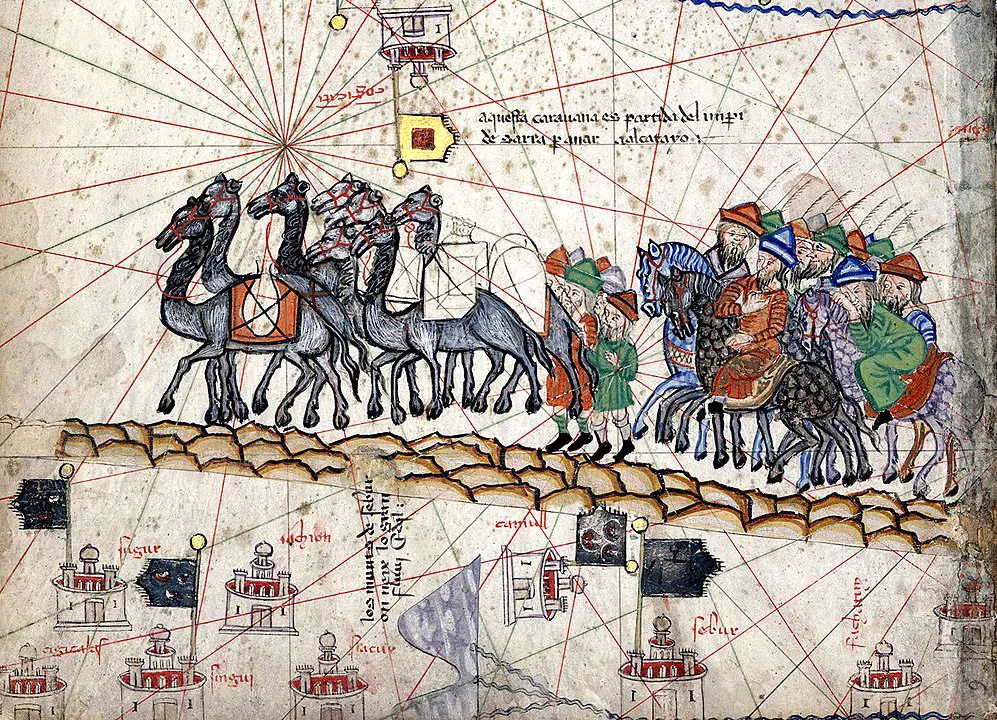
According to some other accounts, Polo introduced the word “Jipangu” or “Zipangu” as an attempt to write the Chinese pronunciation in Italian. In Mandarin, the letter “日” sounds like a simultaneous pronunciation of “j” and “r”. On the other hand, “本” sounded similar to “pun”. So, the word might have sounded like “jrpun” to Polo, which he wrote as “Zipangu”.
The Portuguese Explorers
Portuguese travelers used to travel to the northern part of China where the word “日本” was pronounced as “Cipan”, which they interpreted as “Jipan”.
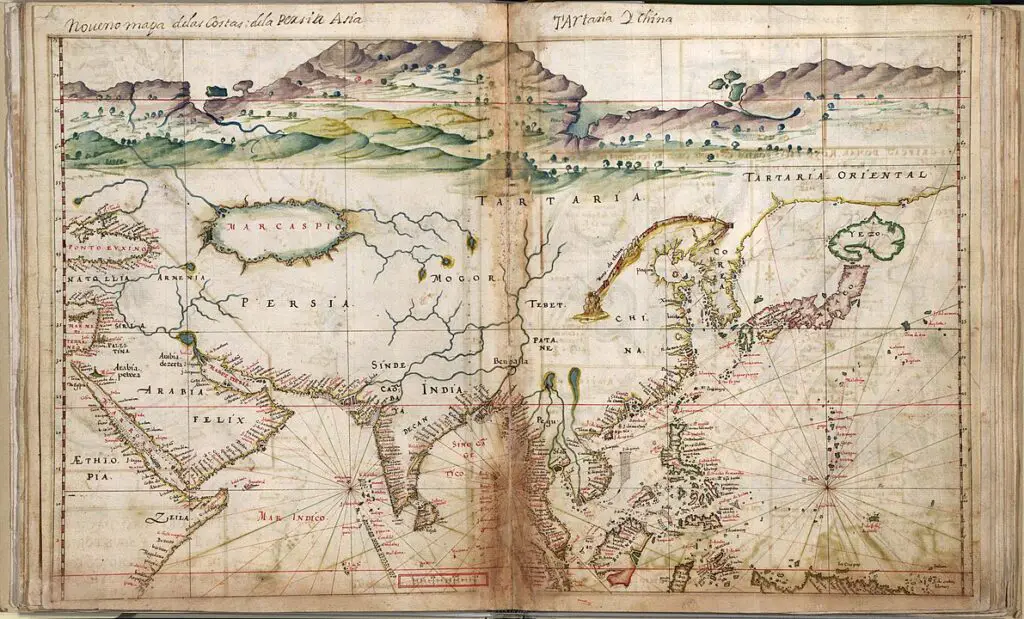
The Various Names of Japan
During the course of its history, Japan has been known in various names. Let’s take a look at those names and the history behind them.
Oyashima (大八洲)
Japanese was an oral language for many years before the invention of Hiragana (the Japanese Alphabet). So, there is no documentation regarding what the earliest inhabitants used to call the country and themselves.
The oldest Japanese text that has been found so far is the Kojiki (An Account of Ancient Matters). Written by 711-712 CE in classical Japanese (using Chinese characters with Japanese sounds), the text chronicled songs, legends, and many other things including the mythical creation story of Japan.
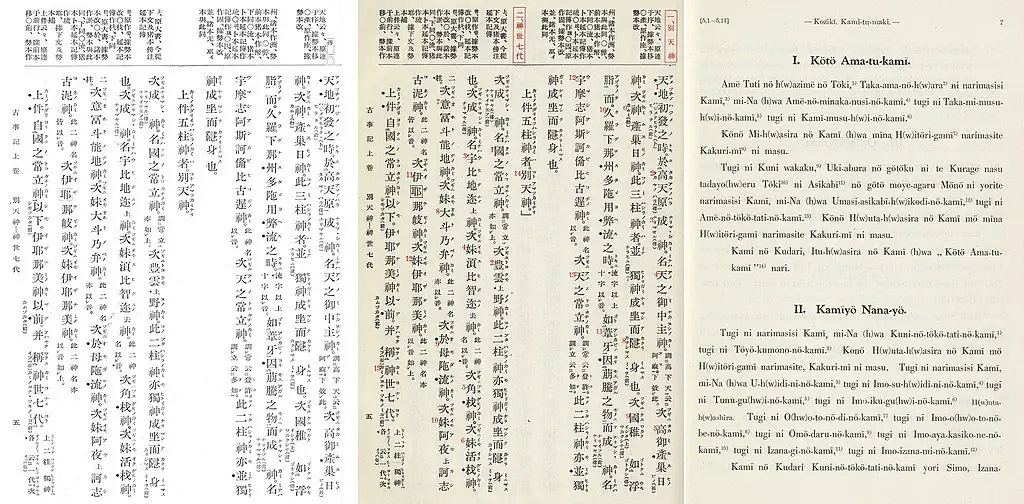
The chronicle referred to a land called Oyashima (the Eight Great Islands). It’s debatable whether or not the prehistoric people used this name since Japan was already known as Wakoku when the Kojiki was written.
Wakoku (倭国)
Before the official name “Nihon”, China used to call Japan as the “Land of Wa” or Wakoku (dwarf or submissive). Being first used during the third-century “Three Kingdoms” period, the reference to these people was found in Chinese court records.
The first incident of a Japanese ambassador visiting China took place in 57 CE. Emperor Guangwu (from the Han Dynasty) gave him a seal made of gold as a token of friendship and good relations. Since then, the Japanese have been treating the seal as a national treasure. It has texts that loosely translate to:
King of Na, Land of Wa, vassal to the Han Dynasty.
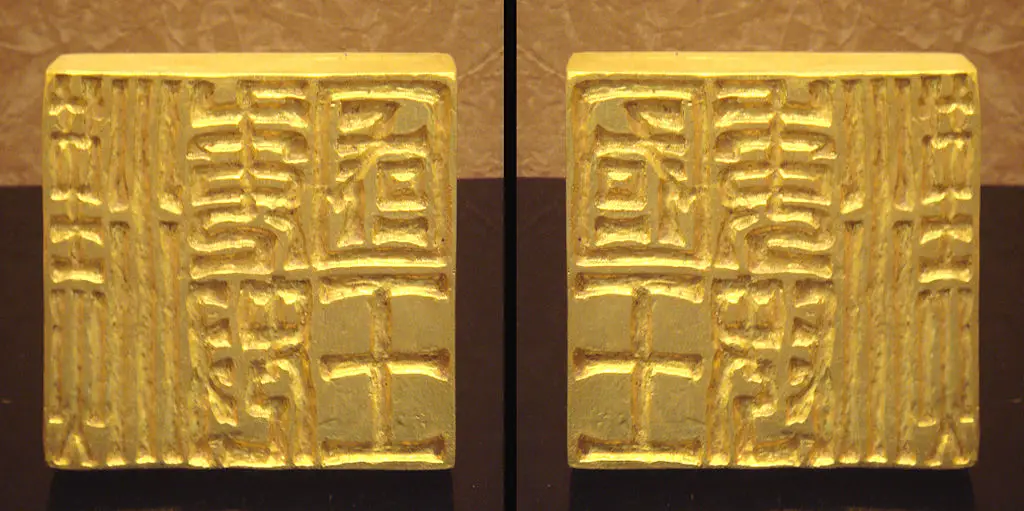
Due to the derogatory connotation of Wa and Wakoku, Japanese envoys requested the Chinese emperor to change the name to “Nihon”, and the Chinese court agreed to use them new name in 703. In Japan, the name change took place sometime between 665 and 703.
Yamato (大和)
Japan used to be a land of several provinces before becoming one country. The Na Kingdom was not the only kingdom in the country.
Yamato people were the largest group of native Japanese who used to live in the modern-day Honshu. They built an imperial court in Nara in the 6th century.
The Japanese people never called the country Yamato, but the Chinese used the names “Wa” and “Yamato” until the 7th century.
Nihon (日本)
The word “日本” in kanji refers to the name Nihon/Nippon. The name was first recorded in the Old Book of Tang that chronicled the history of the Tang Dynasty.
Japanese changed the name of their country from “Wakoku” to “Nihon” around the 7th century. At the beginning of the 7th century, a Japanese delegation visited China on behalf of Prince Shotoku, an Asuka ruler. Those delegates requested the Chinese Emperor to change their country’s name to “Nihon”.
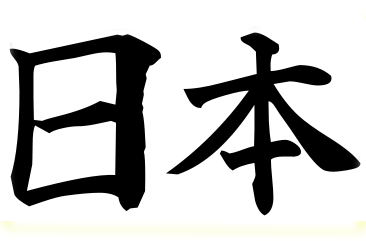
The Prince sent a letter with those delegates. Its message, which is recorded in the Sui Dynasty’s official history book, loosely translates to:
The Emperor of the land where the sun rises sends a letter to the Emperor of the land where the sun sets. Are you healthy?
According to some other records, the name was changed because of the order of the Chinese Empress Wu Zetian, who was the empress regnant of the Zhou dynasty.
Either way, Nihon became the official name of Japan.
Fusō (扶桑)
This word means “hibiscus”. Hibiscus was a plant found in a Pacific island where the sun was believed to rise from.
The name “Fusō” was first mentioned in a Song Dynasty (from 960 to 1279 A.D.) history book. Its meaning was changed to refer to Japan at a later period.
An example of the word used in Japan is found in the title Fusō Ryakuki, a Japanese history book. It was written between 794 and 1185, during the Heian Era, which means the name came to Japan no later than the twelfth century.
From the time frame, it’s obvious that the name “Nihon” came earlier than “Fusō”. Scholars assume that the Chinese people might have used the word as an artistic alternative to “Nihon”.
The Land of the Rising Sun
Just like the USA is “Uncle Sam” and Egypt is the “Gift of Nile”, Japan is known as the “Land of the Rising Sun”.
The secret behind this name lies in the name of the country. Both Nihon and Nippon are written as “日本” in kanji. The word means “origin of the sun” or the “land of the rising sun”.
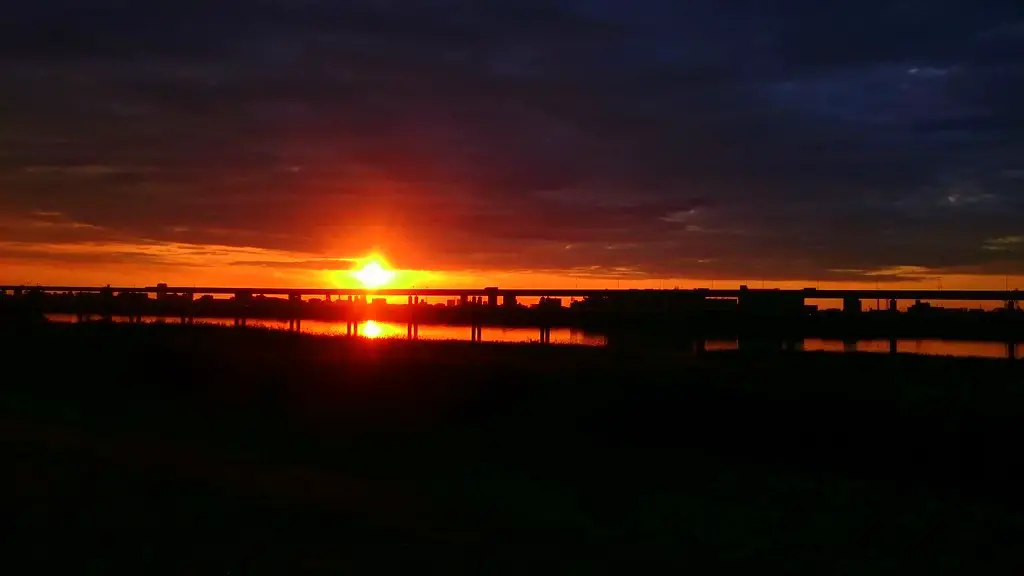
This name came from the Chinese since Japan is in the east of China. From the perspective of Chinese people, it’s the place where the sun comes out every day. The Japanese naming their country based on the consideration of the Chinese shows their esteem and admiration for the Chinese rulers in ancient times.
Due to this tie to the sun, the Japanese highly revere the goddess Amaterasu. They consider her as an incarnation of the rising sun and Japan itself. She is also the Queen of Heaven and the goddess of creation.
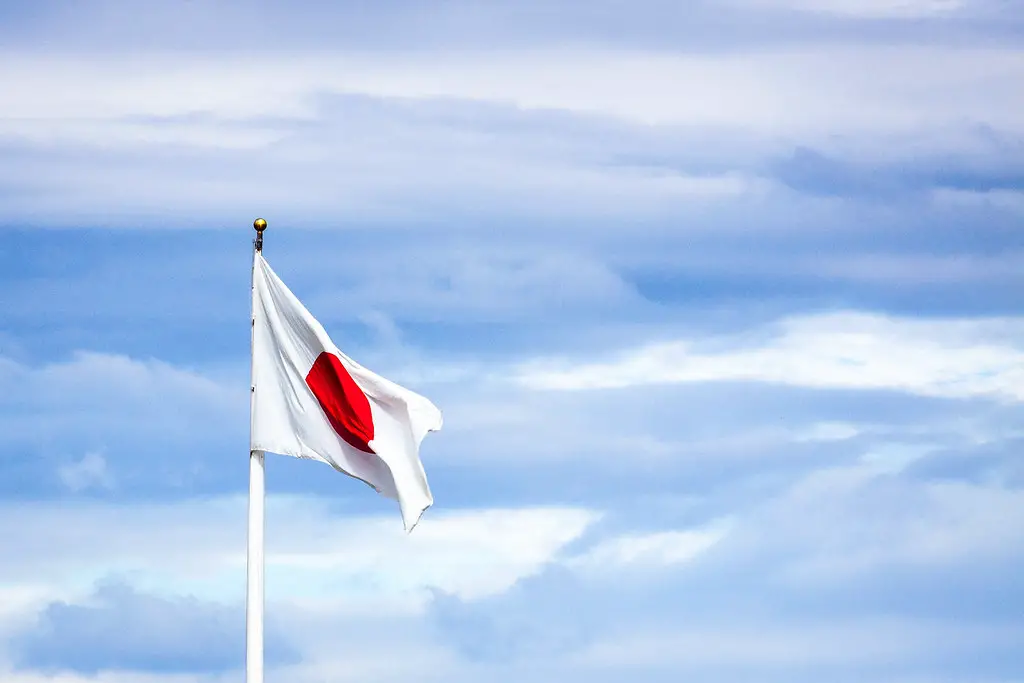
In fact, the official name of Japan’s national flag is Nisshōki (日章旗), which means the “flag of the sun”. Its original design featured a yellow sun on a red background. The national flag is another thing that represents the country’s moniker — the Land of the Rising Sun.
What Do Japanese People Call Their Country: Nihon or Nippon?
Asking Japanese people about the name of their country will draw mixed responses. Some people will call it “Nippon” while others may refer to it as “Nihon”. Which one is the official name?
The Japanese government solved the dilemma in 2009. A cabinet council announced both as the official names of the country.
So, why keeping both names instead of just one? It would be less confusing, right?
Here’s a video explaining the differences:
It can be explained from a phonetics angle too. Uttering the letter “h” is difficult in some languages. For instance, the French don’t pronounce it normally and native English speakers scrap it altogether in some sentences.
In the past, Japanese people too used to struggle with making the “h” sound and sometimes substitute it with “p” because it’s easier to pronounce. So, it’s now clear how “Nihon” has turned into “Nippon”.
While modern Japanese people know the difference between “h” and “p” sounds, many of them still use the name “Nippon” instead of “Nihon”. It’s either because they think “Nippon” is the right word or they cannot pronounce “h”.
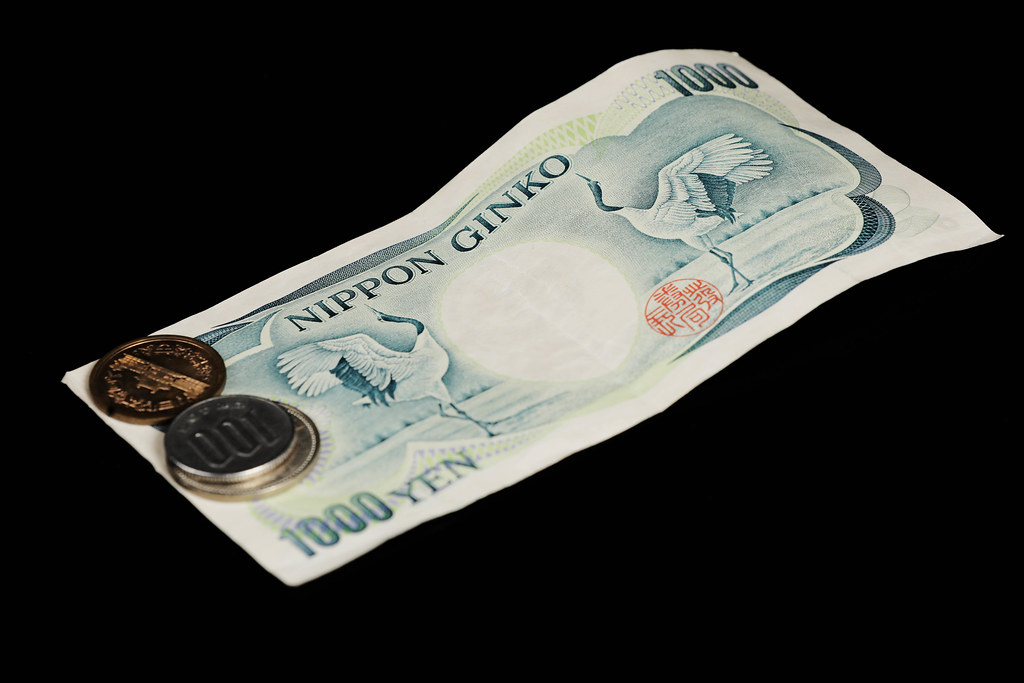
However, after the government declaration, Japan now uses both names for official purposes. You will see Japanese banknotes using the name “Nippon”. Many Japanese also deliberately call their country “Nippon” instead of “Nihon”.




